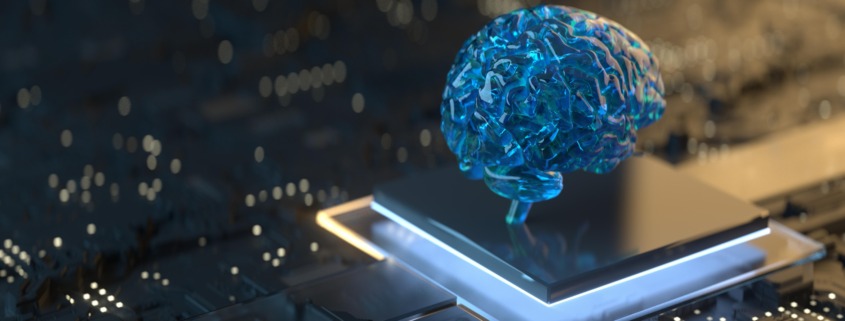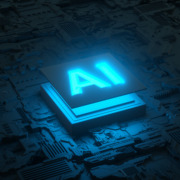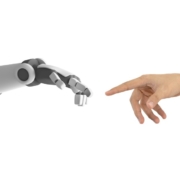The AI threat is news again
AI is having another moment. Every few years it grabs the attention and dominates the headlines. Most major newspapers have a weekly take on it. More than ever, companies tout the most rudimentary machine learning as AI to veil themselves in the spectacular now.
And since AI is having a moment, it’s time to remind ourselves, yet again, of its risks. We’ve heard lots of about sci-fi reasons to fear AI that harken back to Terminator movies, but far less about the real-world, right-now threat it poses through disseminating and entrenching bias and other negative human behaviors.
Bias baked into AI can negatively impact whether someone is admitted to a school, gets a job, a loan, or the proper medical care. If you’re surprised at the latter, please note that until very recently, fewer African American NFL players were eligible for compensation for traumatic brain injury because of a practice called “race-norming.” That practice compares a “given player’s cognitive text with a supposed norm for his demographic group. Under the methodology, black players are assumed to possess a lower level of cognitive function than the average white player.” They were therefore less likely to be compensated for brain injuries sustained on the job.
AI learns by ingesting existing data. If the data it takes in is rooted in bias, the information AI spits out will reflect that. For instance, ChatGPT was asked if Palestinians deserved to be free. The AI responded with an ‘it’s a complex issue,’ equivocation. When asked if Israelis deserved to be free, ChatGPT responded with an unequivocal ‘yes.’
The National Institute of Standards and Technology (NIST) has acknowledged the potential for bias and identified societal factors as the root cause.
“…researchers at the National Institute of Standards and Technology (NIST) recommend widening the scope of where we look for the source of these biases — beyond the machine learning processes and data used to train AI software to the broader societal factors that influence how technology is developed.”
If you’re a woman seeking work in a predominantly male field, and AI has used past hires to identify qualified candidates, you might be passed over, regardless of qualifications, because the machine does not recognize your background as sufficiently similar to past successful hires.
If you are dark-skinned and facial recognition is notoriously unreliable in reading dark skin, you could be suspected of crimes you didn’t commit. There is voluminous evidence that black women’s maternal outcomes lag those of white women, regardless of income level. If AI examines past data to determine standards of care, black women’s maternal health risk will remain unchanged, or deteriorate.
Don’t worry about AI’s impending sentience. Worry about its bias, the deepfakes it enables, the lies it can disseminate at lightning speed. AI depends on its inputs. Humans determine that. And frankly, we don’t have a great track record on promoting equitable outcomes.
AI pioneer, Dr. Geoffrey Hinton, left Google to warn of the dangers of AI. “I console myself with the normal excuse,” he said: “If I hadn’t done it, somebody else would have.”
A NY Times article documenting Hinton’s shift from AI evangelist to AI Cassandra states, “can already be a tool for misinformation. Soon, it could be a risk to jobs. Somewhere down the line, tech’s biggest worriers say, it could be a risk to humanity.” Dr. Hinton’s fear is that AI often “learns unexpected behavior from the vast amounts of data they analyze.”
However, that behavior is only “unexpected” if you choose to dismiss the quixotic nature of human behavior, and the fact that we create the machines. My fear is that our misguided and narcissistic belief in our own benign rationality convinces us that machines we teach will actually be rational. Again, look at our history. Now look at a machine we teach that hasn’t so much as a rudimentary conscience about the harm it can do.
Leonce Gaiter – Vice-President, Content & Strategy









